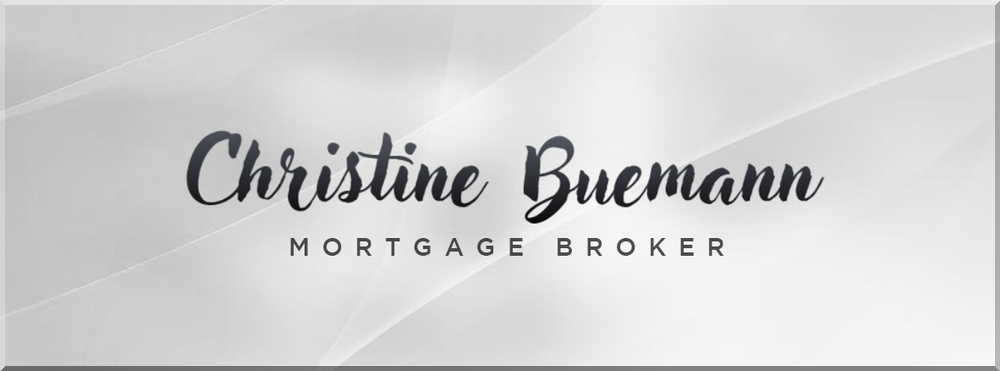As the saying goes, "The lowest rate will save you hundreds, but the wrong term can cost you thousands." Put another way, the mortgage term you choose can have a far greater impact on borrowing cost than your up-front interest rate. That’s because your term determines the length of time you're locked into a rate. That, in turn, affects how long you'll overpay or underpay, relative to the other available options. The wrong term can get mighty expensive if interest rates deviate from your assumptions, or if you need to break your mortgage early. It therefore pays to make the right choice from the get-go. Almost anyone can find a low rate by doing a little Googling. Picking the right term is not as easy. Take some time, get good advice, and nail the right term the first time. The venerable 5-year fixed still wins popularity contests, especially since high-ratio qualifying rates leave many with no other choice. However if you can afford to take some risk, it will be worth
